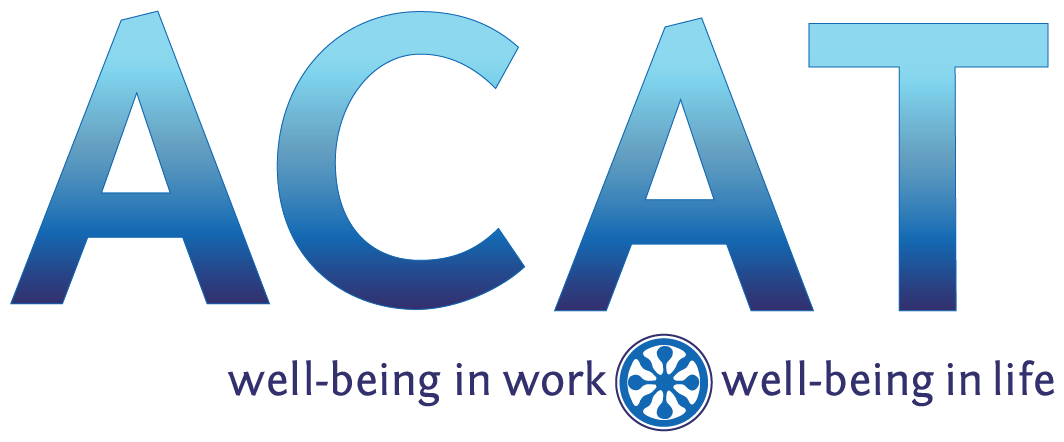by Brooke Lieb (originally published at brookelieb.com)
For the majority of students of the Alexander Technique, the value comes in gaining the skill to apply their “Alexander” tools to the task of living. Most drivers don’t need or choose to understand the engineering and mechanics of their cars, they focus on learning to drive. Similarly, exploring and understanding the underlying mechanisms that produce the positive benefits of applying Alexander Technique is far less relevant for students.
“Under the hood”
Conversely, knowing how to build a car does not automatically confer driving skills. In the same way, intellectual knowledge of anatomy, neurology, psychology, physiology and pedagogy doesn’t translate into Alexander Technique skills.
Most Alexander Technique Teacher trainings recognize the need for the teacher to have high level master of the skills they are teaching, and training courses are structured to that end. At The American Center for the Alexander Technique (acatnyc.org), where I was trained and where I served as Faculty and eventually Director of Training, our focus was on applying the same skills we teach to our students to the activity of teaching. Training classes included one-on-one mini-lessons for the teachers in training, as well as supervised modules where Alexander skills were applied to teaching skills (putting hands on a student, guiding a student’s movement, verbal instructions, experiential activities to facilitate independent skills).
We also provided experiential anatomy, studied writings by F. M. Alexander and other Alexander Teachers, and learned about related modalities, communications, group teaching skills and other pedagogical methods.
Alexander recognized we are unified beings, and we cannot practically function with siloed* systems of mind, body, emotion. (*kept in isolation in a way that hinders communication and cooperation).
For students and teachers, “looking under the hood” to learn more about sensory integration, psychology, anatomy, pedagogy and other systems can enhance learning and teaching, but not always. It depends on the individual.
For Alexander Teachers, learning more about “under the hood” systems lends us credibility when dialoguing with members of other disciplines, and can be reassuring to our students.
I like to understand how things work, it deepens my curiosity and improves my teaching, so I look under the hood in various ways, looking through the lens of learning, psychology, neurology, physiology, anatomy and the arts.
I have had a number of physicians, psychoanalysts, massage therapists, PTs and OTs in my practice. To varying degrees, they recognized that theory and intellectual knowledge did not translate into the practical skills of self-regulation that are the hallmark of The Alexander Technique. However, the paradigms of their modalities provided a useful context and starting place to learn the Alexander paradigm. Comparing and contrasting can be a powerful teaching tool.
Where the medical model perhaps relies more on “under the hood” than “how to drive”, Alexander Technique places emphasis on “how to” over “why this works”. In his writings, F. M. Alexander was emphatic about the need for learning how to function and how behavior and choice had an impact on health. When Alexander began making his discoveries, there were no antibiotics, no x-rays or other advanced imaging methods, and surgery and medications were being developed but were limited. Today, medicine has increased recognition that lifestyle can have a profound affect on health, even with advancements in medications, diagnostics and treatment.
N. BROOKE LIEB, Director of Teacher Certification since 2008, received her certification from ACAT in 1989, joined the faculty in 1992. Brooke has presented to 100s of people at numerous conferences, has taught at C. W. Post College, St. Rose College, Kutztown University, Pace University, The Actors Institute, The National Theatre Conservatory at the Denver Center for the Performing Arts, Dennison University, and Wagner College; and has made presentations for the Hospital for Special Surgery, the Scoliosis Foundation, and the Arthritis Foundation; Mercy College and Touro College, Departments of Physical Therapy; and Northern Westchester Hospital. Brooke maintains a teaching practice in NYC, specializing in working with people dealing with pain, back injuries and scoliosis; and performing artists. www.brookelieb.com

